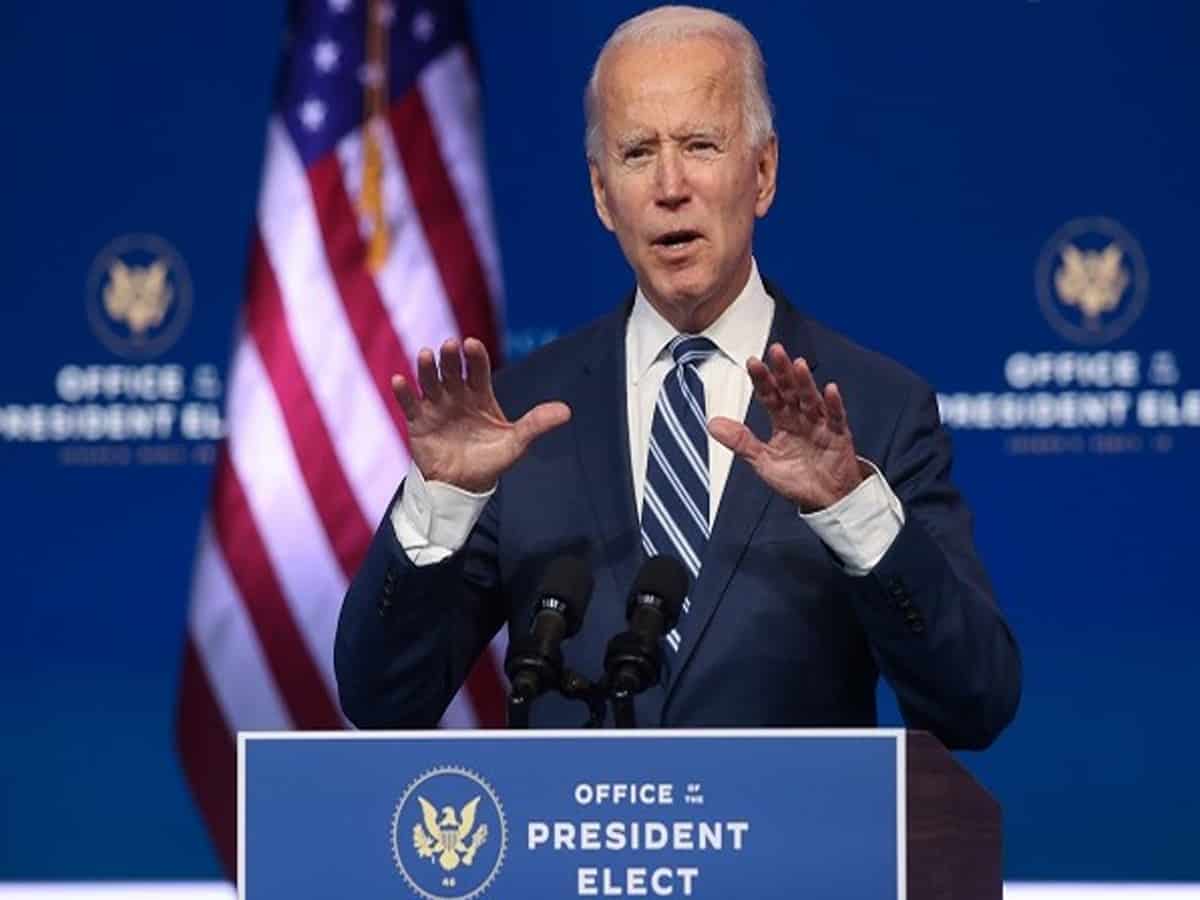Washington: Tech advocates in Washington are reportedly eager to work with the incoming Biden administration and reverse several of US President Donald Trump’s immigration policies, especially those that had created barriers for high skilled visa holders.
Some of the biggest names in Silicon Valley have clashed with the Trump administration in court, suing over his executive orders restricting immigration for foreign workers, and are now prioritising the removal of the President’s actions in 2021, reported The Hill.
The Trump administration had announced new immigration rules last month designed to make it more difficult for skilled workers to acquire visas. The rules tighten requirements for employers who hire workers on H-1B visas, which are set aside for skilled workers, particularly in the technology field.
TechNet, a group of industry executives from companies like Apple, Amazon, Google and more, had filed lawsuits challenging the new rules. If unsuccessful, they hope that the rules are rescinded by President-elect Joe Biden.
“They’ve indicated they are going to be very different than the Trump administration on high-skilled immigration, immigration in general….High-skilled immigration…has led to so much growth and technological superiority and competitiveness for the US,” said TechNet CEO Linda Moore.
The Biden transition team declined to comment.
However, before Biden assumes the presidential office, Silicon Valley is worried that Trump could clamp down ever harder on worker visas in the final days of his administration, according to The Hill.
White House chief of staff Mark Meadows reportedly said on a recent call that the president is seeking to finalise a rule to make the standards stricter around H-1B visas, separate from rules announced last month.
The US Chamber of Commerce, which has also been active in the lawsuits against Trump’s visa orders, had recently noted that the Biden team has indicated they would reverse some of those policies.

